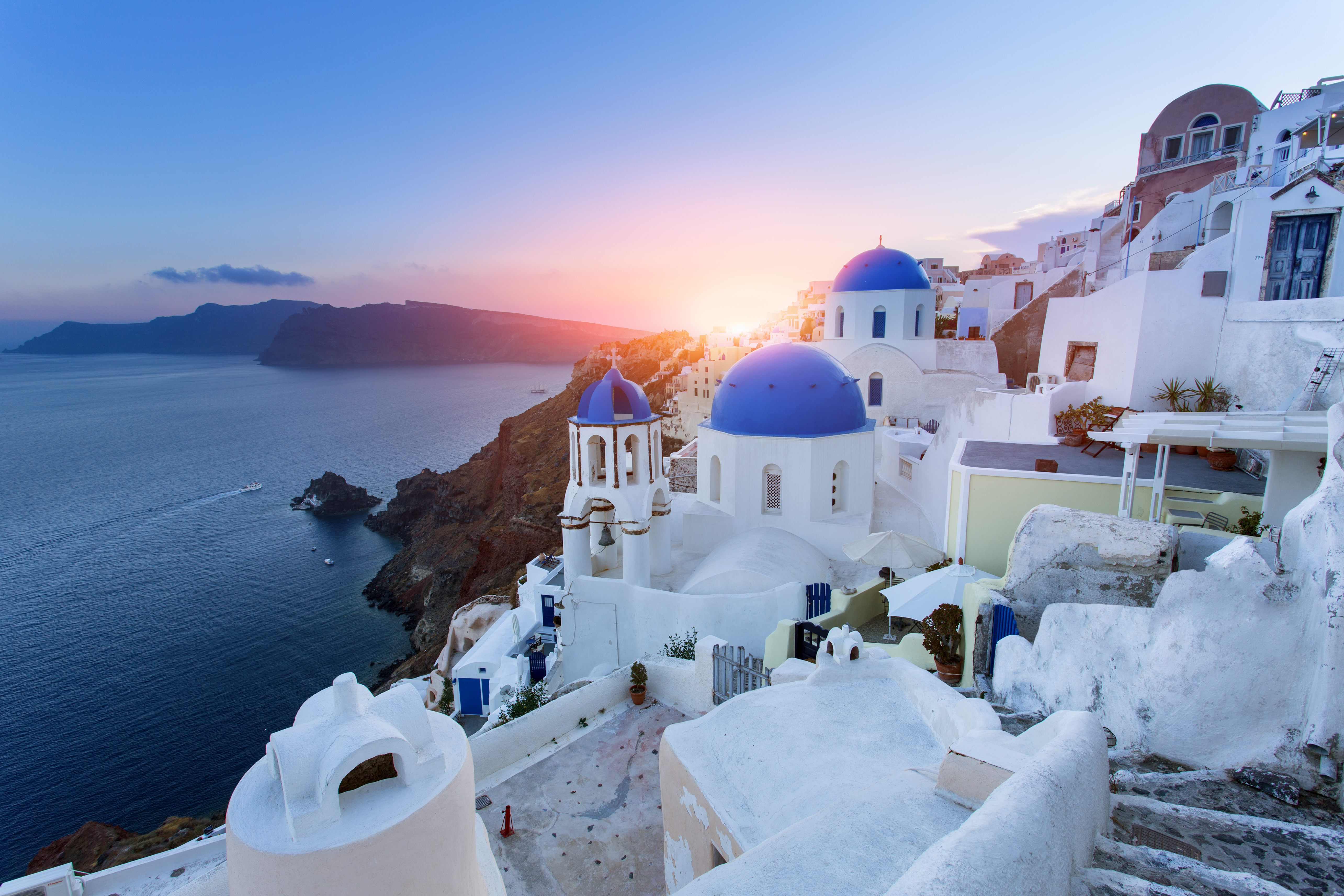Greece’s Bold Move: Tourist Tax to Combat Overcrowding on Stunning Islands
Greece is taking significant strides to combat the challenges of over-tourism that have plagued its breathtaking islands. With stunning beaches and inviting landscapes, Santorini and Mykonos have become some of the most desirable vacation spots in the world. However, the influx of tourists has led to concerns over sustainability and the well-being of local residents.
Imposing a €20 Tourist Tax on Cruise Visitors
In a recent announcement, Greek authorities unveiled plans to introduce a €20 tourist tax specifically targeting cruise ship passengers visiting Santorini and Mykonos during the bustling summer months. This initiative aims to alleviate the overcrowding that these beautiful islands often face. It’s not just about raising revenue; it’s about finding a balance that preserves the natural beauty and cultural heritage of these locales.

Cruise Ship Regulation for a Sustainable Future
The Greek government is not stopping at the tourist tax. They are also looking into regulating the number of cruise ships permitted to dock at these islands. Prime Minister Kyriakos Mitsotakis emphasized the need for responsible tourism, stating, "Cruise shipping has burdened Santorini and Mykonos, and this is why we are proceeding with interventions." This proactive approach aims to safeguard the islands from environmental damage and ensures a more enjoyable experience for both tourists and locals.
Investing Tax Revenues Back into Local Communities
Mitsotakis mentioned that a portion of the funds collected from this new tax will be reinvested into the local communities. This investment is crucial for improving infrastructure and supporting the very destinations that have hosted millions of visitors. Such initiatives could lead to better waste management and environmental protection, enhancing the islands’ appeal.
Balancing Tourism with Sustainability
Greece’s economy heavily relies on tourism, making up a significant share of its GDP. Last year alone, the country welcomed a historic 32.7 million visitors, breaking all previous records. However, this surge puts immense pressure on popular destinations like Santorini, where the local population of just a few thousand individuals struggles to cope with the impact of mass tourism.
In 2023, around 800 cruise ships delivered approximately 1.3 million passengers to Santorini, leading to overwhelming foot traffic in already narrow walkways. Footage captured by locals has shown tourists lining up for a glimpse of the iconic sunset, sometimes waiting over 20 minutes just to traverse a short distance due to crowd congestion.
Local Residents Speak Out Against Overcrowding
Local residents have expressed their frustration over the rapid influx of tourists and the resulting degradation to their daily lives. Onur Kilic, a Santorini local, articulated the sentiment well: “Too many people come to Santorini and they leave rubbish behind. It’s hard for locals because we live here. The roads are too crowded and the traffic is much worse; it’s bad for the environment, and the cost of everything is out of control.”
With locals facing challenges like heightened living costs and environmental degradation, it’s clear that the time for action is now.
Anti-tourist Measures Mirroring Elsewhere in Europe
Greece isn’t alone in addressing the challenges of over-tourism. Across Europe, destinations like Venice and Barcelona have implemented measures to manage tourist inflows. Venice introduced entrance fees for day-trippers, while Barcelona has even removed popular bus routes from navigation apps to deter crowds.
San Sebastián limits guided visit sizes to promote a more intimate and respectful tourism experience. Meanwhile, the Spanish government has allowed restaurants to charge more for shaded seating to encourage more responsible visitor behavior.
Conclusion: A Forward-Thinking Approach to Tourism
Greece’s recent initiatives reflect a broader trend in tourism management—prioritizing sustainability while still recognizing the economic importance of tourism. The combination of a tourist tax and stricter regulations on cruise ships signals a commitment to preserving the beauty of Santorini and Mykonos for generations to come.
As the 2024 summer season approaches, travelers can expect to see changes that enhance their experiences while also protecting the local environment. Striking the right balance between tourism and the quality of life for residents is crucial, making it clear that Greece’s new policies are not just about numbers—they’re about nurturing the unique charm of its cherished islands. By investing in their future, Greece sets a powerful example for global tourism practices, reminding us all of the importance of protecting the places we love to visit.

